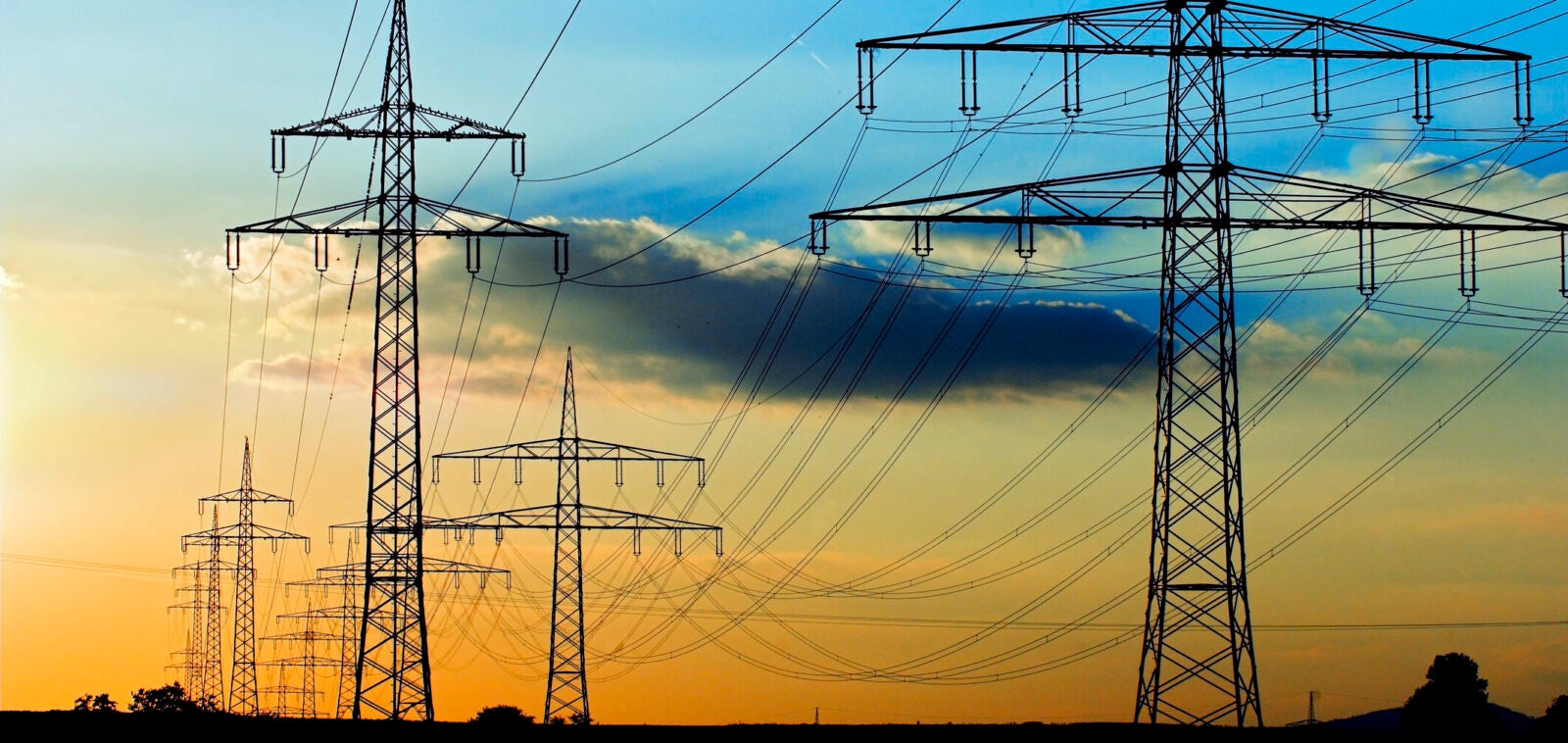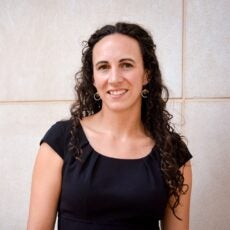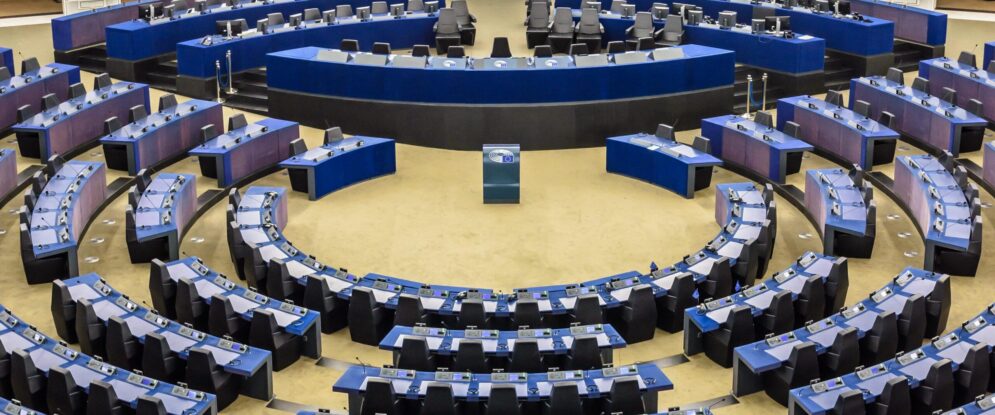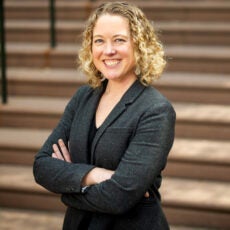Research Agenda

Celebrating three core, interacting themes. Our research agenda explores how energy policy can drive meaningful progress in mitigating climate change while ensuring that the benefits of clean energy transitions are accessible to all communities. We support research on a variety of topics, with an emphasis on three core themes:
Achieving net-zero annual greenhouse gas emissions by mid-century is necessary to avoid the worst effects of climate change. Our research in this area focuses on both avoiding emissions and removing them, with solutions that capture greenhouse gases at the source or pull them from the air.
Jennifer Wilcox
Presidential Distinguished ProfessorJen Wilcox is Presidential Distinguished Professor of Chemical Engineering and Energy Policy. She previously served as Principal Deputy Assistant Secretary for the Office of Fossil Energy and Carbon Management at the Department of Energy.
Jennifer Wilcox leads the Greenhouse Gas Removal research theme. Learn more about Wilcox’s recent return to campus after more than three years serving as principal deputy assistant secretary for the Office of Fossil Energy and Carbon Management at the Department of Energy.
The institutions we construct can facilitate or constrain a rapid and just energy transition. We seek to understand how process and structure yield successful outcomes. From federal regulating agencies to regional cooperative agreements, our research considers new pathways to help institutions embrace change and guide us toward a more sustainable energy future.
Shelley Welton
Presidential Distinguished ProfessorShelley Welton is Presidential Distinguished Professor of Law and Energy Policy with the Kleinman Center and Penn Carey Law. Her research focuses on how climate change is transforming energy and environmental law and governance.
Shelley Welton leads the Institutions and Governance research theme. Learn more about Welton’s contributions this year, including her publication on grid reliability and good governance, featured in the New York Times and also referenced in an EPA standards report.
To urgently address the problem of climate change, we must design innovative policies that shake entrenched habits. With an emphasis on energy policy design, and a combined understanding of the laws and technologies that influence it, we have the tools for designing effective approaches to accelerate the energy transition—locally, nationally, and internationally.
Sanya Carley
Mark Alan Hughes Faculty DirectorSanya Carley is the Faculty Director of the Kleinman Center. She is also Vice Provost for Climate Science, Policy, and Action at Penn and Presidential Distinguished Professor of Energy Policy and City Planning at the Stuart Weitzman School of Design.
Sanya Carley, our newest faculty member and new center director, leads the Policy Design research theme. Highlights from Carley’s year included authoring a chapter for the Fifth National Climate Assessment and securing a $2-million DOE grant.
Research Impacts
In addition to these three core themes, we also pursue a broad portfolio of research topics through our annual research grants program—drawing from new and ongoing research happening at Penn. And we don’t just publish research; we are investing in building relationships with decision-makers who can use our research to inform policy design and implementation. This year, the Kleinman Center’s evidence-based research helped inform policy decisions and empowered stakeholders to navigate the complexities of today’s global energy challenges.
59 Publications and Insights
Our reports, policy digests, and blogs translate scholarly research into accessible, actionable information.
275 Policymaker Outreach
This year, each publication reached an average 275 policymakers through targeted email campaigns, resulting in several conversations with state and federal leadership.
263 Earned Media
Faculty, staff, and research associates gained the attention of outlets like E&E News and The New York Times.
You could say a lot about what Jennifer Wilcox has done for climate and you still would only scratch the surface.
Jack ANdreaSEN, BreakThrough Energy





